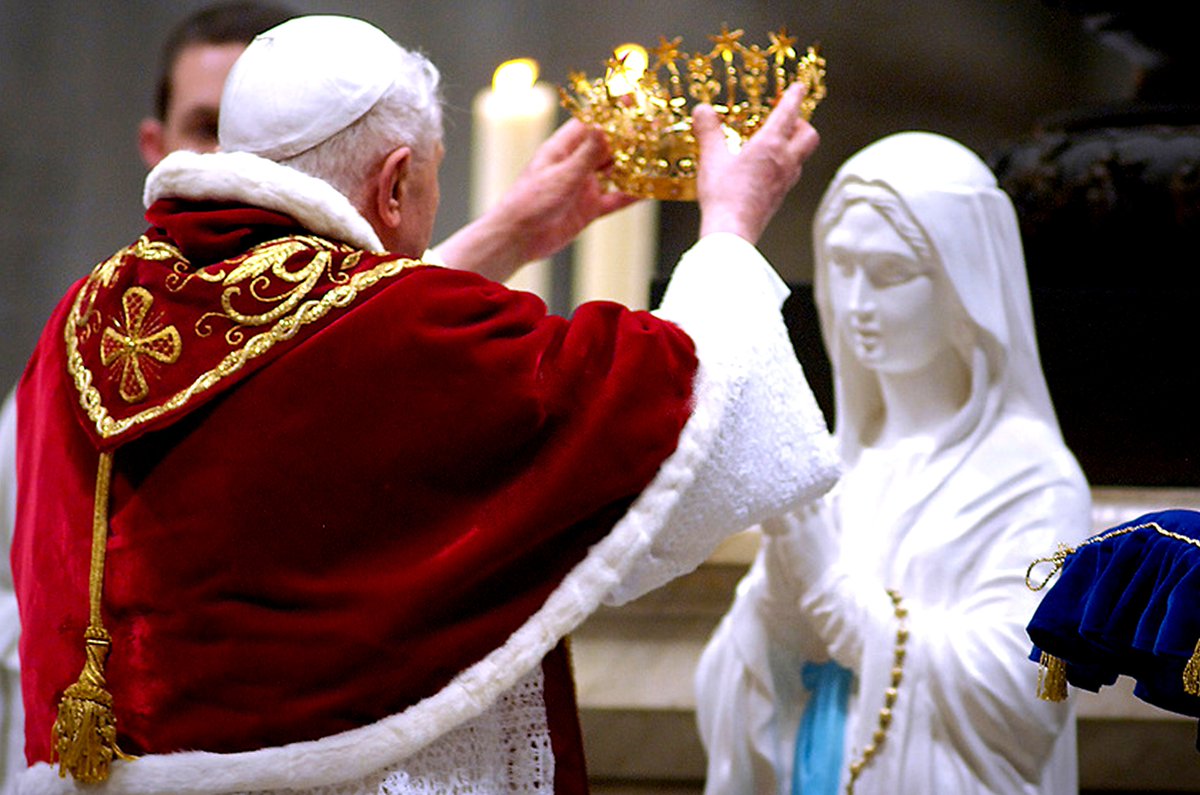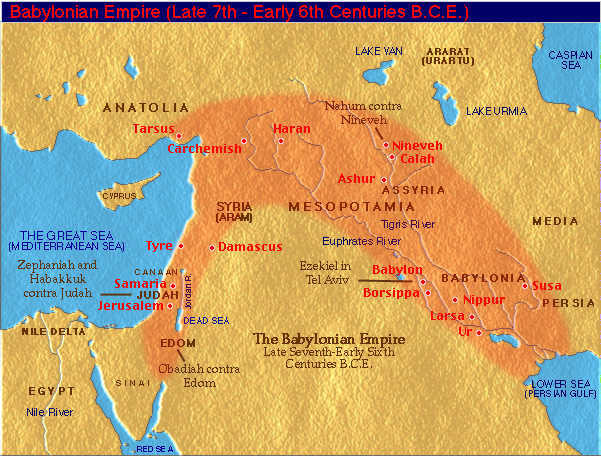A Day by any other name is still a Day
But on the Seventh Day we are to Rest
This links to Part II
It has come to my attention that there are those who believe in a New Moon Day separate unto itself, and that the day of rest is an eight day count, and these people even suggest counting backwards to the new moon to justify the dates of His Set Apart times. After a few days pondering this idea, it still does not set right within me.
If we cannot agree on when a day begins, then, really, none of this matters.
This is Mrs. G's comment that began the discussion and my study: "...the calendar from Scripture (shows) His weekly Sabbaths will fall on the 8th, 15th, 22nd, and 29th every time when using His calendar. Scripture verifies this in the OT and the NT" (end quote)
Therein is the challenge.
I figured I'd better take a closer look at Scriptures about this topic of 'day' and the first thing that came to mind was: Wouldn't a seven day count be 7, 14, 21 and 28, every time?
YHWH did His work of creation in six days; blessed and rested from His work on the Seventh Day. Yah made the seventh day Sabbath for us, as a sign between Him and His people. Since He is Set Apart and rested on the 7th day of creation He desires that we also rest on the 7th day from our work. He set the pattern for us to follow, and this was just the first of many included in His Instructions for His created (that includes you and me). He began His count of days from the beginning of creation, when there was darkness over the face of the deep.
In Genesis 1:3 Our Creator said 'Let there be light." He separated the light (Day) from the darkness (Night) and there was evening and there was morning, a first day.
(the way I read it, the definition of a Day is from evening, including the morning and on to the following evening. It consists of both the Light and the Dark phases of the time line called Day.)
Exodus 16:23 ...then he said to them, "This is what Yah meant: Tomorrow is a Sabbath observance, set apart to Him. Bake what you will bake and boil what you will boil, and all that is left over put aside to be kept until morning." 35:2 "For six days work may be done, but on the seventh day you shall have a Set Apart day, a Sabbath of Complete Rest to Yahweh Elohim.
(Set it aside to be kept until morning: Set is aside at evening time, before the beginning of the next day... Get all preparations done before sundown, the beginning of the seventh day...)
Leviticus 23:3 'For six days work may be done, but on the seventh day there is a Sabbath of Complete Rest, a holy convocation. You shall not do any work; it is a Sabbath to your Elohim, in all your dwellings.
Deuteronomy 5:12 'Observe the Sabbath day to keep it set apart as YHWH your Elohim commanded you.
If the new moon is usually visible towards evening time, and the sighting of it denotes the beginning of another month (first day of that month), then wouldn't the time period called 'day' begin at evening? Each day from evening to evening.
The Pattern: 1. Darkness 2. Light 3. Day 4. Night
In the beginning the earth was unformed and void with darkness over the surface of the deep. Yah said Let there be light, and it was good, and He separated the light from the darkness = Day and Night. And there was evening and there was morning, a first day.
Unformed defined:: not arranged in regular shape, order, or relations; undeveloped
Void defined:: containing nothing :not occupied :vacant :not inhabited :being without something specified
↭↭↭↭
Our Father counted days from the first day of creation. We begin our count of days from the sighting of the new moon. Each new moon begins a new count; the first crescent is Day One, the beginning of the month. Each seven day count from the new moon is the Sabbath Day of Rest.
Later on in Scriptures we read that Jeremiah tries to remind the people about that day of rest: 17:21 Thus says YHWH, "Take heed for yourselves, and do not carry any load on the Sabbath day or bring anything in through the gates of Jerusalem. You shall not bring a load out of your houses on the Sabbath day nor do any work, but keep the Sabbath day set apart, as I commanded your forefathers." Yet they did not listen or incline their ears, but stiffened their necks in order not to listen or take correction.…" (no buying or selling, conducting commerce, doing work)
Quote from Mrs. G: Back in their day they worked from sunup to sundown. So in the creation account we see that the LIGHT was called the DAY part, and the darkness was called NIGHT. Now where people get thrown from is from "And the evening and the morning were the first day." He started His work in the morning and He finished in the evening as the sun was setting turning into night. The DAY part consists of the morning and the evening. (end quote)
This doesn't make sense to me, and Mrs. G assumes "He started His work in the morning and He finished in the evening as the sun was setting turning into night." In Genesis 1, in the beginning when our Creator began His work the first thing He created was Light, which He separated into Day and Night; so would it be safe to say He started His work at night, in darkness? He didn't even create the sun and the moon util day four. Day and Night are a necessary part of living on this earth, and He did not curse these things.
Quote from Mrs. G: Remember He separated the light from the darkness, therefore what He separated we cannot then join together. Our heavenly Father is not about darkness but about light. This then is the message which we have heard of him, and declare unto you, that Elohim is light, and in him is no darkness at all. (end quote)
This statement is partly true but her assumption is crazy to me because if you ever watched the sun set, day slowly blends into twilight at the setting of the sun. It's not like 'lights out!' a definite break between light and dark. I'm pretty certain misunderstandings occur because of the use of words and our modern day perception of what we think those words mean. That sort of confusion comes from the Adversary if we don't study it out for ourselves.
This verse has been used to support a day begins at sunrise; Messiah said: "Is there not 12 hours in a day?"
In John 11 we read the verse in context: Y'shua's friend Lazar is sick and dies. Y'shua heard about him but stayed where he was for two days, then says to his disciples he's ready to go to Judea. They promptly warn him that the Jews are ready to kill him, why would he want to go there now? His reply is: "Are there not twelve hours in a day, and if a man walks during the daylight, he will not stumble because he sees the light of this world. But if a man should walk during the night, he will stumble because there is no flame in him. "(Note: 'no flame in him' is an Hebrew idiom meaning one is not enlightened) How does his response tie in with the warning his disciples were concerned about? They were afraid for his life because the Yehudeans were on the warpath. Messiah refers to twelve hours in a day, walking during daylight would be easier than traveling at night, perhaps meaning now during the daylight hours was a better time to go to Lazar's home than to try to sneak around in the night time to avoid being stoned by the Jews?
I note that as the seasons pass, the light of day grows shorter until the shortest day and then begin to grow longer. The amount of daylight changes... this verse does not define what a day is and may be another parable pointing to the fact that we are children of light and not of the devil. Children of Satan do enjoy living in the darkness of night.
Day and Night are not evil opposites and were clearly a necessary part of creation. Spiritual darkness came later and is an evil thing opposing Y'shua who is the Light of the World, and not just the daytime part only. According to what is written in John 11, one who is enlightened can walk day or night and not stumble. We know that Satan is the 'prince of darkness' over this world, and not just the nighttime part only. It seems when folks forget to separate the physical occurrence from the spiritual implications of what we read in Scriptures an understandable misunderstanding can arise between the use of words, such as day/night and light/darkness, which makes it easier to choose the definition of a day as being from sunup to sundown and just ignore the night altogether; and just ignore YHWH.










